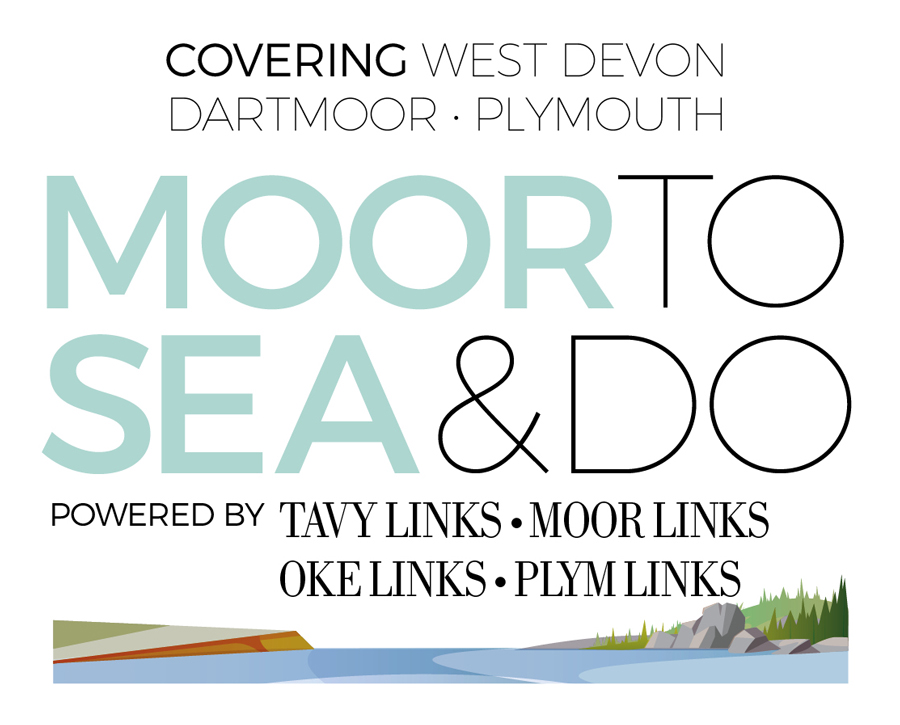
Why did you become a zoo keeper?
I grew up in south Wales and was always interested in the native wildlife. A local man had collection of parrots which he would occasionally open to the public. I was amazed by them and at 14 years old I began working for him part time, looking after his parrots. This led on to my first job in a zoo just emptying bins and picking up litter, but I didn’t mind because I was close to the animals.
Where do you work?
I have had the pleasure of working in ten different zoos both abroad and in the UK. I am currently Head Keeper at Dartmoor Zoological Park at Sparkwell.
How much training is involved, what qualifications do you need to become a zoo keeper?
Much of the training is on the job although many zoos these days prefer some animal based qualification like an ‘A’ level in biology. The DMZAA (Diploma in Management of Zoo and Aquarium Animals) is also a very good course. I continue to learn new things every day both here at Dartmoor and also through courses, conferences and visiting other zoos. We run an onsite course here at Sparkwel in partnership with both Duchy and Bicton Colleges.
How long have you been there?
I have been a zoo keeper for over forty years working with a variety of collections although I still have a deep affection for birds.
Who else works with you?
The zoo is a charity and as such we have a board of trustees, a director, operations manager, curator, keepers, volunteers, students as well as staff at reception and the restaurant area. There are different sections: animal department, education and presentation, research and maintenance but we all work collaboratively.
What is involved in being a head keeper ? How does your day usually unfold?
We start early with a staff meeting where information is shared about the health and wellbeing of our animals and the diary for that day. We are open 7 days of the week so staff overlap - it’s essential we keep each other informed. From 8am the animals are fed, watered and cleaned out ready for the public opening at 10.00. I have an office from which I spend time on administration such as arranging animal transfers, coordinating volunteer rotas, booking feed supplies, answering queries and liaising with vets. In the afternoon key species are fed with a public talk which I am involved in. We also have wedding receptions on site, outreach sessions and parties at the park, all of which need to be organised.
What would you say to someone thinking of this as a career?
This is a wonderful job and I would encourage anyone with a love of animals to get involved. It’s a busy job, long unsociable hours and much of it outdoors in all weathers but I have immense job satisfaction and never tire of working here; it keeps me mentally and physically on my toes.
What is the best thing about your job?
You can get a bit blasé working with these incredible animals but you only have to watch the public’s reaction when they are up close and personal to one of our big cats to appreciate the privileged position we are in. We try and keep a professional distance but it is difficult not to become attached. There is a great sense of achievement when breeding endangered species successfully, that is one of the best things. It is not an average job!

